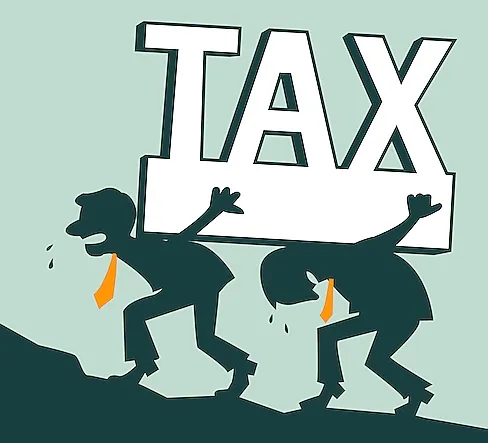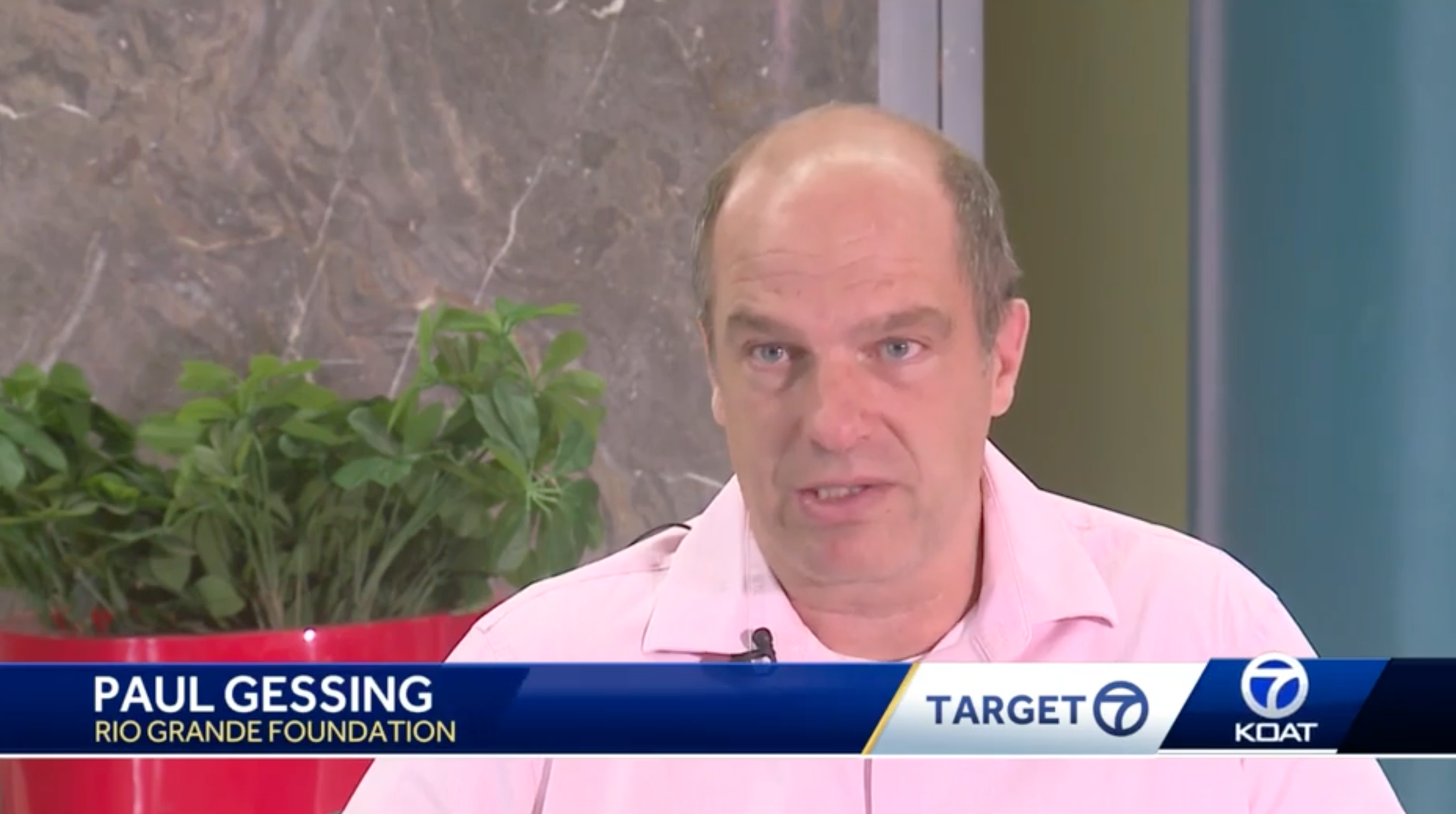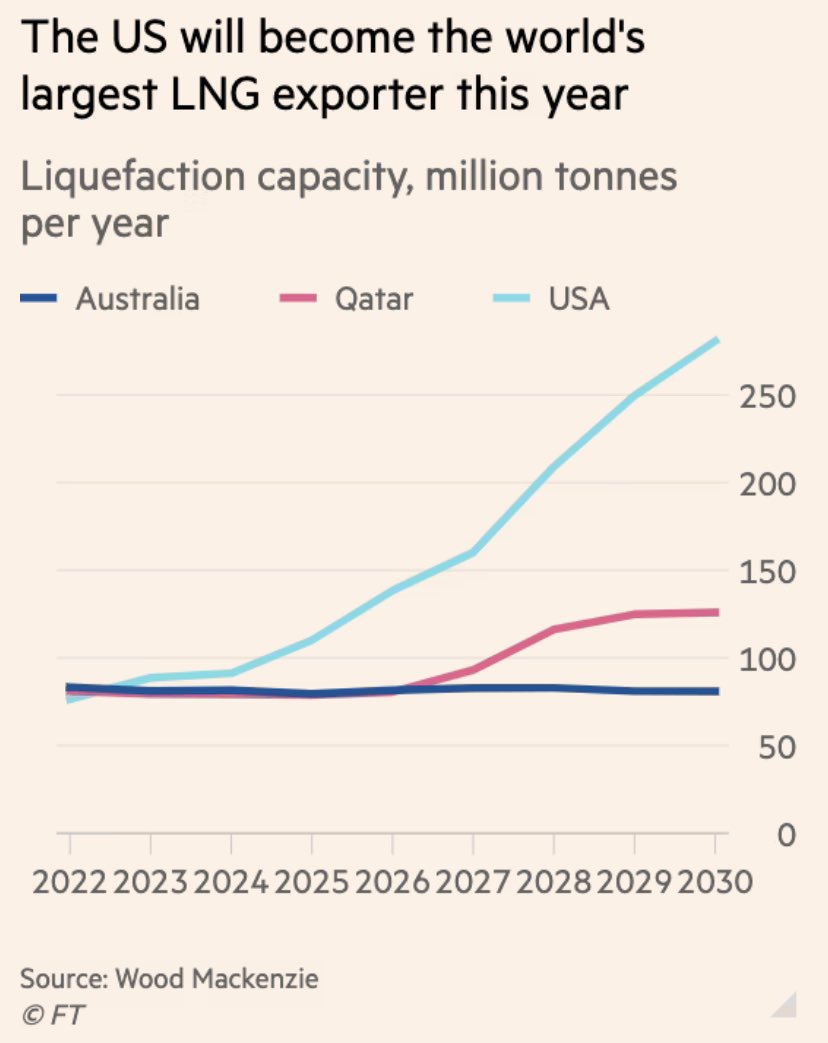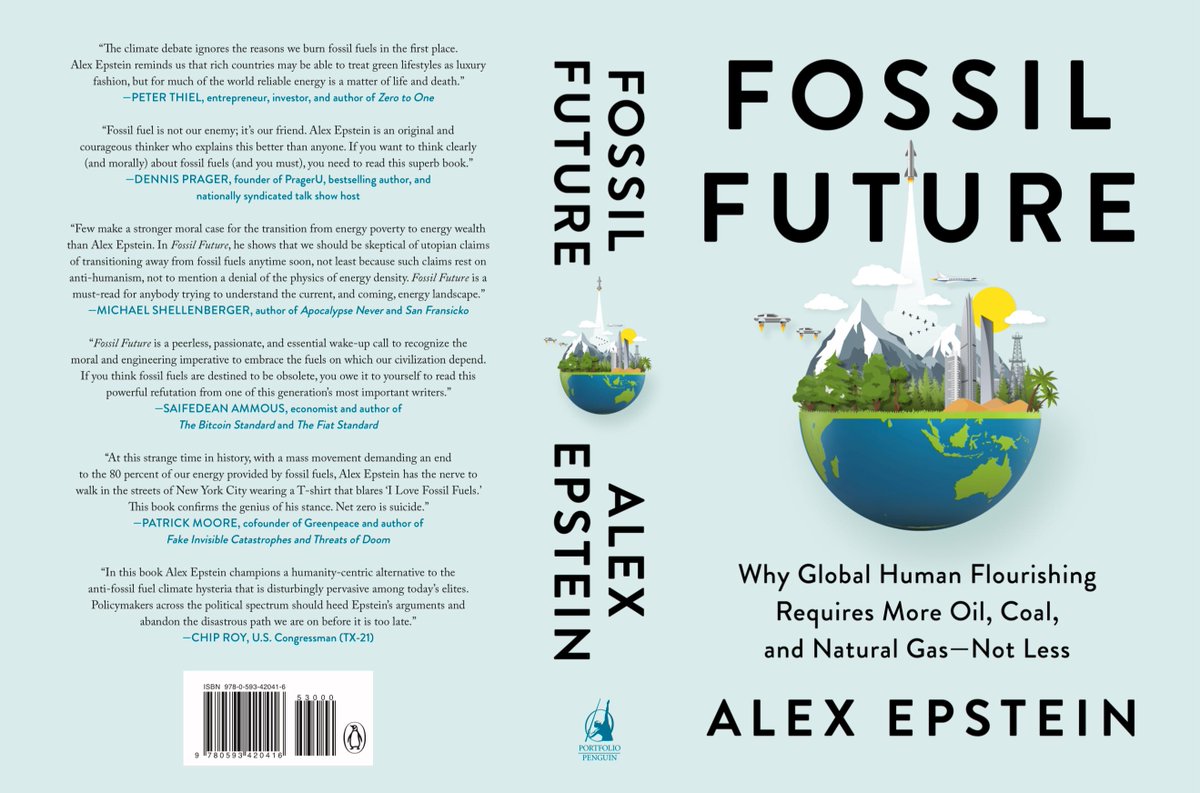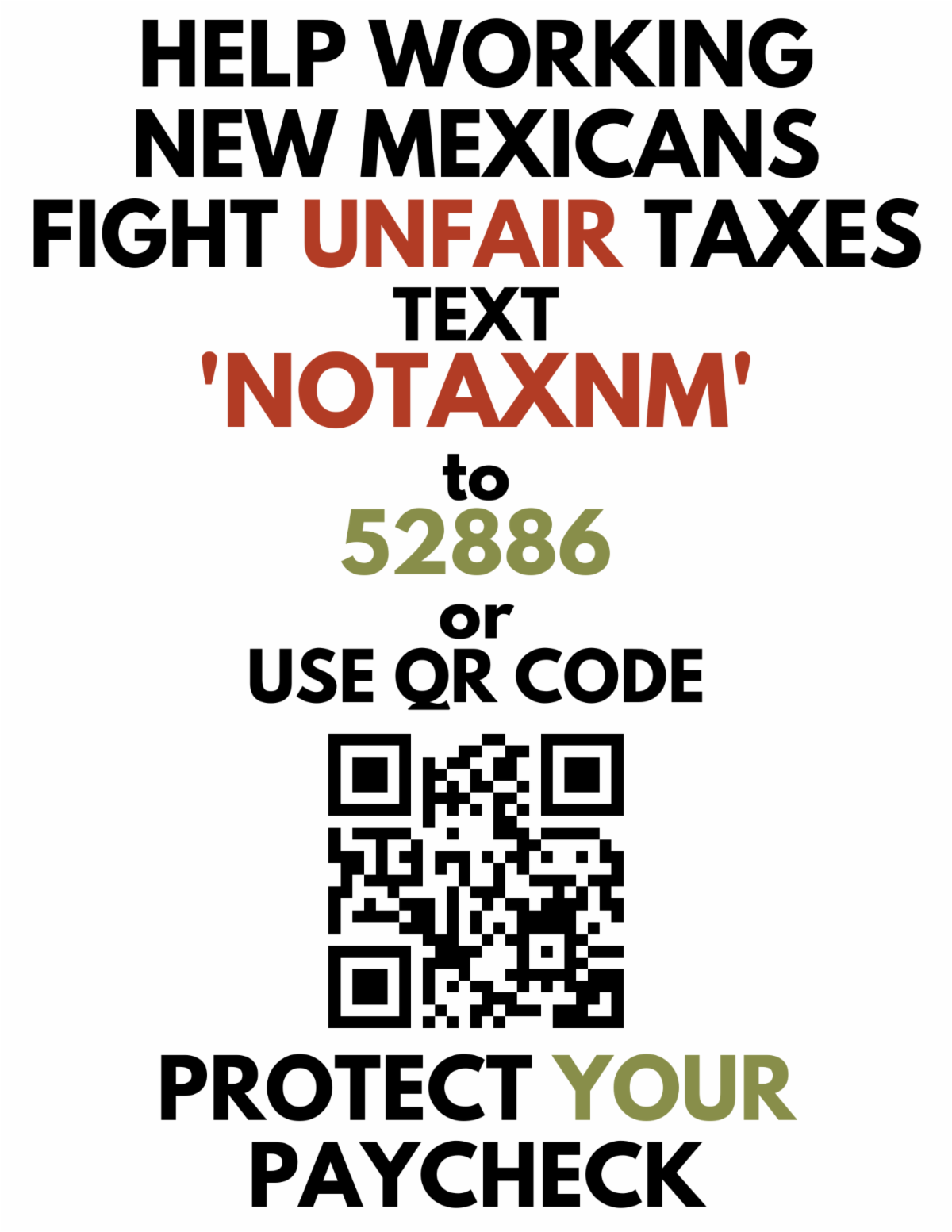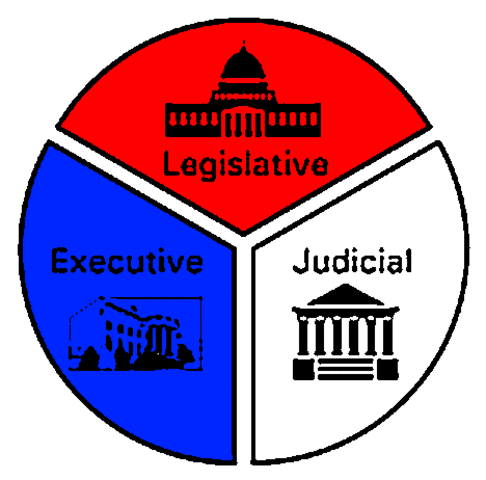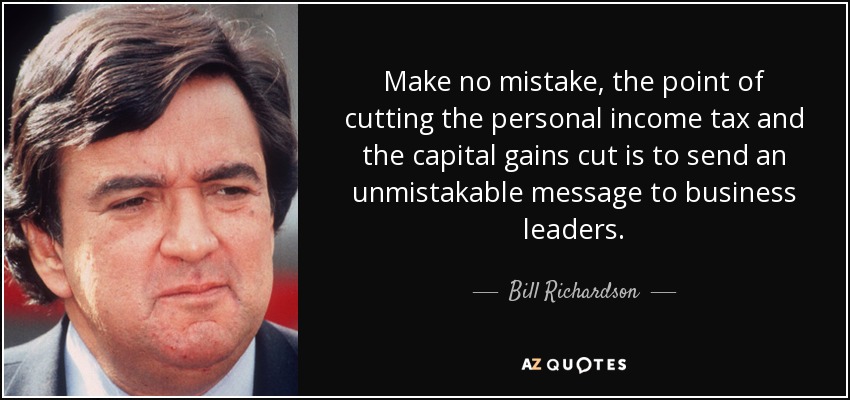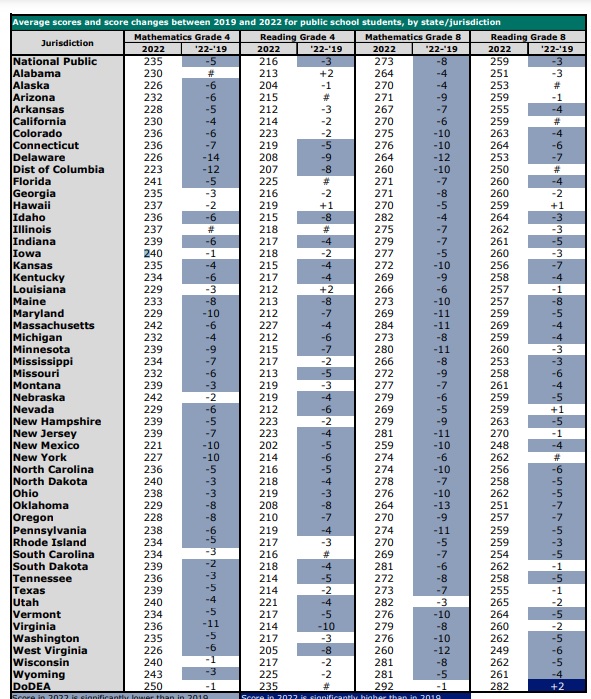The following appeared in National Review’s Capital Matters on March 2, 2023:

In December, New Mexico’s Legislative Finance Committee (an internal think tank for the state legislature) published a report on the state’s Medicaid program. Whether by design or accident, the report happened to coincide with the tenth anniversary of New Mexico’s Medicaid expansion. Then-governor Susana Martinez, a Republican, decided to accept the “Obamacare” expansion dollars which, at the time, were 100 percent federally funded.
The report is full of useful information about the impact of Medicaid expansion on New Mexico that likely applies to all states. In fact, the report by this internal government agency to our now-bright-blue state government gave critics of Medicaid expansion plenty of ammunition.
Today, only eleven states (including large ones such as Florida and Texas)have steadfastly refused to expand Medicaid under Obamacare. And in light of New Mexico’s experience as detailed in this new report, the decision made by those eleven states looks better today than it ever has.
In New Mexico, the LFC Medicaid study’s authors used “secret shoppers” to attempt to make appointments with primary-care physicians throughout the state. Shockingly, only 15 percent of them were able to make an appointment with a primary-care doctor.
This is just one of many data points that echo the point made by Obamacare critics over a decade ago, who said early and often that health care is not the same thing as “coverage.” But policy-makers did not heed those warnings, and since Medicaid was expanded, the number of recipients in New Mexico has exploded while the number of providers has declined rather dramatically. The LFC report, for example, revealed that 47 percent of New Mexico’s population is on Medicaid, which places the state at the very top of the list in terms of the percentage of its population receiving benefits.
The high number of Medicaid recipients is both a cause and an effect of New Mexico’s ongoing medical-provider shortage. While large numbers of newly “covered” recipients of the program may lead to problems in accessing timely care, the underlying issue is Medicaid’s abysmal reimbursement rates for doctors. Nationally in 2020, hospitals received just 88 cents for every dollar spent caring for Medicaid patients. Specifics vary by state and provider type, but there is no question that having a larger Medicaid population results in more “cost-shifting” from other programs and customers to cover Medicaid recipients. Put another way, costs increase for other patients in order to compensate for the Medicaid shortfall.
But the consequences of New Mexico’s overwrought Medicaid program don’t stop there. Sadly, with such a massive portion of the population on benefit, it is hardly a surprise that the number of people willing to enter the workforce is quite low.
According to the Bureau of Labor Statistics, New Mexico’s workforce-participation rate in December of 2022 was just 53.5 percent. That is higher than just one state (Mississippi) and trails the U.S. as a whole, which has a workforce-participation rate over 60 percent.
At a time of exceedingly low unemployment and a tight job market nationwide (for all skill levels), Medicaid is one of many “welfare” programs that appear to keep people out of the job market.
In the meantime, the program has also caused state spending to spiral out of control. Estimated to stand at $10.5 billion next year (a 56 percent increase since just fiscal year 2019), the amount spent on Medicaid alone will be greater than New Mexico’s entire general-fund budget ($9.4 billion) next year. Simply put, this is unsustainable, both in terms of the program’s growth, but also in terms of the federal government’s financial contribution to New Mexico and other states with massive Medicaid rolls.
So, what are we getting for all this spending? The Legislature’s Medicaid report did not even consider a detailed discussion of health-care outcomes and the impact (or lack thereof) of Medicaid expansion. The report did note, however, that “the state continues to face poor health outcomes overall.” And, even more interestingly, while providing routine medical care for the poor was a stated goal of advocates for expansion, the LFC notes that an increase in “emergency room visits for non-urgent reasons” is “potentially leading to worse outcomes.”
The bottom line is that a decade on, despite massive federal and state spending growth on Medicaid, the LFC’s latest report does not point to significant positive health care outcomes from Medicaid expansion for New Mexico’s population at large. But this should not come as a surprise. A widely discussed 2013 study out of Oregon involving a large, randomized control group “showed that Medicaid coverage generated no significant improvements in measured physical health outcomes in the first 2 years.”
Well, there you have it. The largest and most expensive expansion of the American welfare state in the last 50 years seems to have resulted in bigger government and more dependency in New Mexico and across the nation. However, here in the state with the highest percentage of people on Medicaid, evidence of improved health outcomes remains elusive.

